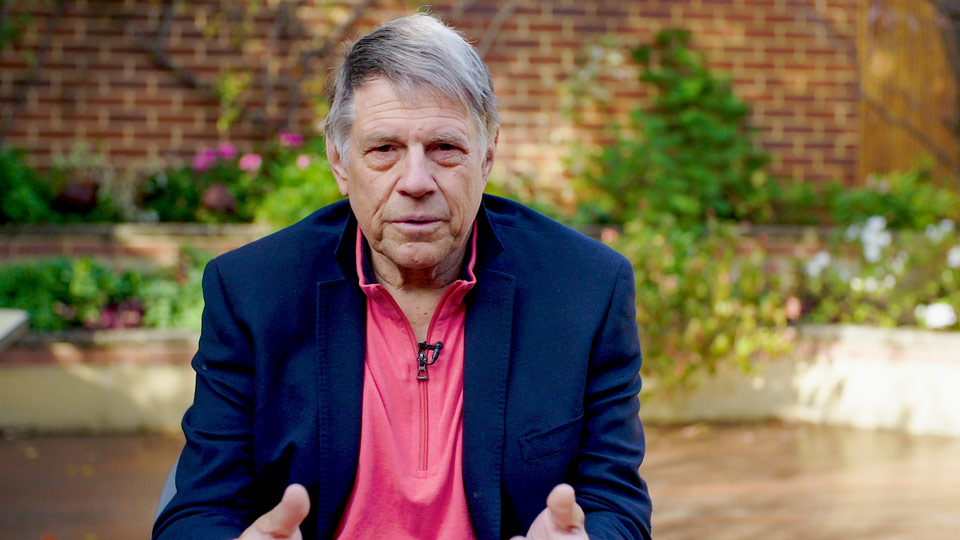Dr Bruce Robinson has some tips on how to communicate with your child if they are a bystander to bullying
Bullying involves more people than those who are bullied and those who bully. Children who see the bullying or know the bullying is going on are often referred to as bystanders.
Knowing bullying is happening can be very stressful for your children. In fact, evidence has shown that children who witness bullying happening around them can display similar anxiety levels to the person being bullied. They feel unsafe and worried it could happen to them.
A new way of looking at bystanders, being used in schools, is to talk about moving from being a bystander to an upstander. This means that they don’t support the bullying.
Some tips on talking to your children about being an upstander. If your child sees another child being bullied, they can:
- Let the person doing the bullying know that their behaviour is not okay. If you feel it is safe to do so, (it can help to do this with your friends), let the person know that you don’t like what they are doing and that it is bullying.
- Shift the focus off the person being bullied. Ask the person being bullied to come with you or if your friends are doing the bullied encourage them to leave the person alone and do something more positive.
- Refuse to join in or be around the bullying and walk away. This takes away the audience and sense of power from the person bullying, so can stop the bullying.
- Support the student who is being bullied by letting them know you don’t like the bullying and would like to help.
- Ask the child being bullied to join or play with your group of friends – children who are alone are more likely to be the target of bullying so encourage children to be aware of children who are left out or on their own.
- Let a teacher, support person or parent know the person needs help.
Let your children know that they first need to think about their own safety and the safety of the person being bullied before they act. If they feel unsafe or feel they can’t do anything to help they should always ask for help.
Check out all of our trending stories this month on bullying and how you can support your child to be better prepared and open to discuss and solve a problem should it occur.
We want to foster connection, sharing and collaborating in this time of isolation and need. The Fathering Channel is an online community hub and a source of research-based advice, support and information. Tune in every Monday for Bruce’s weekly video – packed with fathering advice and tips.
Subscribe for Updates



